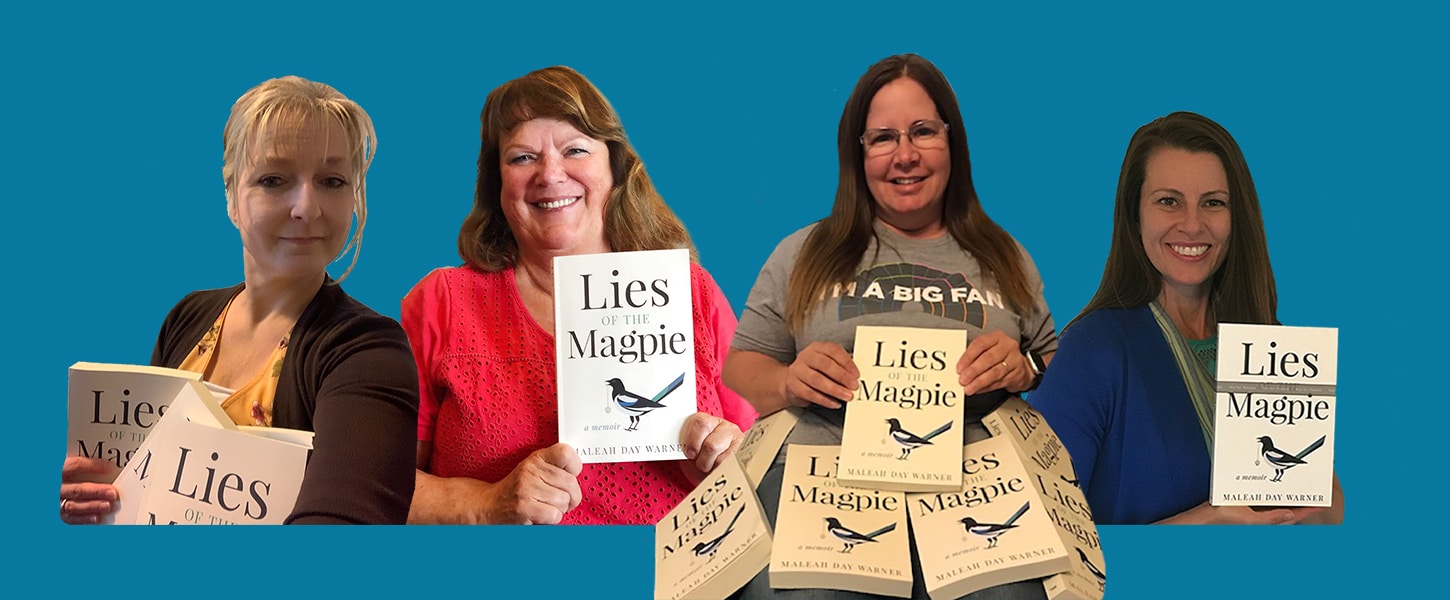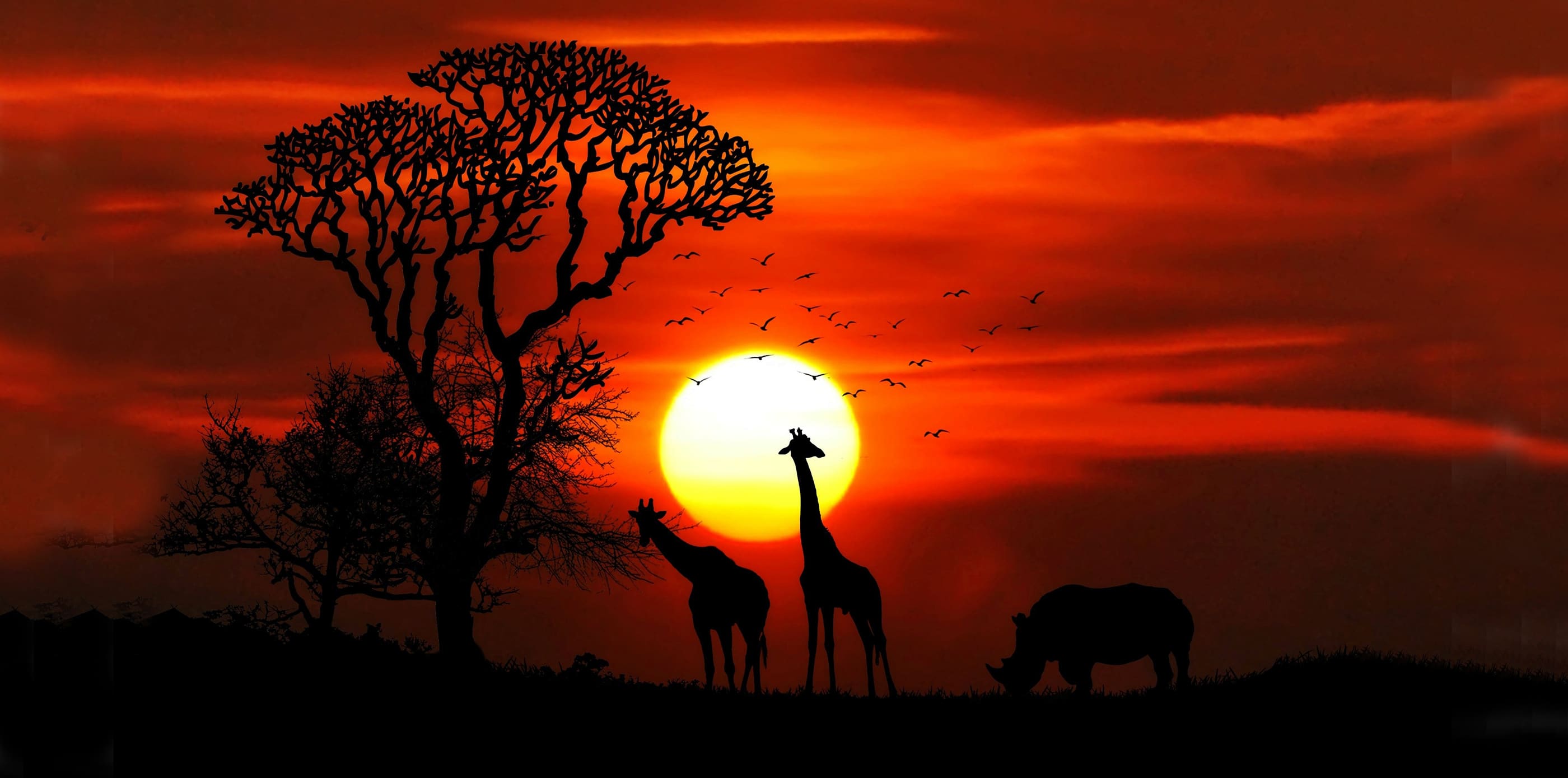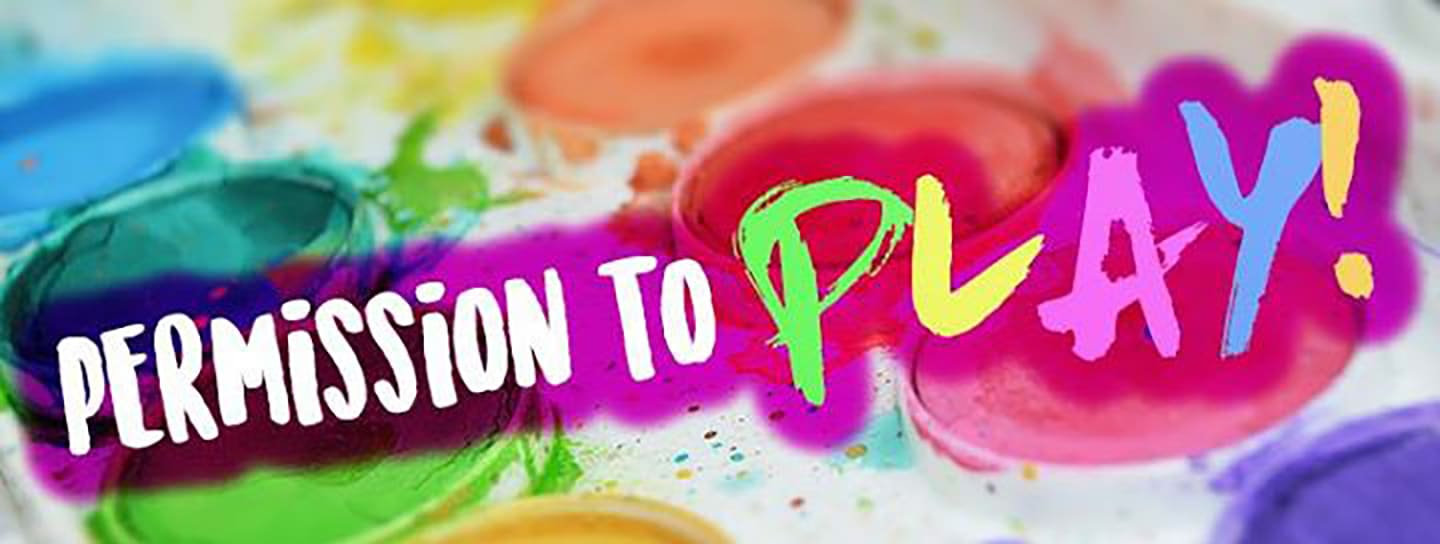Podcast: Play in new window | Download
Subscribe: Apple Podcasts | Google Podcasts | Spotify | Email | RSS | More
Podcast: Play in new window | Download
Subscribe: Apple Podcasts | Google Podcasts | Spotify | Email | RSS | More
Listen to sample chapters from Amazon’s #1 Hot New Release, Lies of the Magpie, a memoir and discover the book readers are calling “riveting.”
Things begins to unravel for Maleah as she juggles running a business and caring for newborn Jack while Kate starts kindergarten and Tanner resists giving up his crib to his new brother.
Podcast: Play in new window | Download
Subscribe: Apple Podcasts | Google Podcasts | Spotify | Email | RSS | More
A few weeks ago I left my monochromatic Utah County life (which I rarely do, even though I love diversity) and traveled thousands of miles around the globe to visit South Africa and Lesotho. I experienced diversity in culture, language, race, religion, food, plant and animal life, and traffic. But for all the diversity, the biggest thing I brought home from my travels is the reminder that we are more alike than different.
While waiting to board my flight to Dubai, I passed time watching people. I was studying the traditional Arab dress of one particular woman, when I realized that she and I were wearing the exact same shoes. I wondered if she had bought hers at Costco like I had. Do they have Costco in Dubai? Or perhaps she lives in the States and is traveling to Dubai like I am. Did she buy her shoes for the same reasons I had, because they are perfect for traveling?
There is something about flying that connects travelers. All of us at Gate A-12 had booked tickets on the same flight. We were literally all traveling in the same direction. And at the moment we were all hoping for much the same thing: to get settled on the plane and to sleep as much as possible during the 13-hour flight. And we were probably all fretting about the same thing: having to use that itty bitty airplane bathroom.
Maya Angelou titled her 5th narrative memoir, All God’s Children Need Traveling Shoes.
We come from different cultures, ethnicities, religions, traditions. We might speak different languages. But we are all on a journey, and we need good traveling shoes.
As a black woman born in Missouri in 1928, Maya Angelou never felt completely at home in America. In 1966, at age 33, Maya traveled to Ghana in search of her roots, in search of home. She was surprised to discover that as a black American, she wasn’t readily accepted in Africa either. She wrote, “[I] had not come home, but had left one familiar place of painful memory for another strange place with none.”
Home isn’t a place that exists, home is a place we create. It’s connection. During my travels, though I was far from “home,” I experienced moments of home—connecting with a mother traveling with her autistic child, washing my feet in the Dubai airport, traveling through familiar scenery in Lesotho, learning to say Sawubona, or realizing that an Arab woman and I were literally in each other shoes.
Does any of us ever feel completely at home or do we all struggle to find the place where we truly belong? Is the human life really just a journey home?
Indeed, all God’s children need traveling shoes.
Podcast: Play in new window | Download
Subscribe: Apple Podcasts | Google Podcasts | Spotify | Email | RSS | More
Anyone who knew me back when is probably laughing at the idea of me doing a podcast episode about play. That is okay! I hope you have a really good laugh on my account. Over the years I have learned the hard way that all work and no play make Maleah a real bore. I’ve also discovered play as a powerful way to energize and elevate my life.
Evolutionary biologists believe that play is an important key to survival. Species that don’t play don’t survive. Play is essential to survive, AND to thrive. Question: How I play? A documentary called The Power of Play (airing Jan 20, 2019) explores the science of play research. Research by California psychologist Stuart Brown, has shown that playing freely as a child is key to being mentally healthy as an adult.
Play is powerful because it allows for low-pressure exploration, discovery, and risk-taking.
When was the last time you played? What did you do?
Play is not the same as distraction.
Distractions are the things we do to avoid doing the things we have to do. Distractions are easy defaults like browsing social media, playing that game on the phone, mindlessly surfing the television channels. These things use time, but they don’t necessarily recharge or energize us the way that true play can.
Play is not a waste of time. Play is more than merely goofing around. Play is the way we explore new skills without the pressure of performing or being judged . Through play we tap into creativity and build social connections.
I used to believe that I had to have all my work done before I could play. I carried that belief into my work as a full-time mother. But for moms, work is never done! As a result, I never allowed myself to play and my life became cumbersome and dark. Part of my healing through Postpartum Depression and chronic illness was learning to prioritize play.
I learned to trick my brain and tell myself that I needed to get my play done before I could work. Doing this, I found that I had more energy and had time to be playful and get a lot of work done.
Another way I trick my brain is to find ways to get work done quickly so that I have time to play. It’s when I’m doing the less exciting chores of paying bills, calling the insurance company, or cleaning the kitchen that I get distracted and end up wasting time surfing the web or browsing FaceBook on things things that don’t really matter to me. Instead, if I set a time to get necessary tasks done quickly and reward myself with play, then I am actually more productive and feel more relaxed at the end of the day.
I’m guessing you could easily tell me ten things on your To-Do List today. And I’ll also guess these are “work” items. It’s hard to be motivated to get work done if you don’t know what you like to do for fun. What are 10 things you can give yourself permission to do that feel playful.
When we default to browsing social media or playing that online game, it’s usually because we haven’t decided what we’d rather do instead. Somehow along our journey to adulthood, we lost our sense of play until we no longer know how to play. Give yourself permission to discover your play. Plan to PLAY
What is the difference between work and play? For an NBA player, are basketball workouts and games work or play? Or when I write for ten hours straight, is that work or play? The bottom line is that it depends on mindset. And any task can be made easier by making it more playful. This is the old Mary Poppins’ principle: “In any job that must be done, there is an element of fun. Find the fun, and snap, the job’s a game.” The point is that we can all benefit from incorporating a more playful attitude into anything we do. Remember KISMIF from Episode 4 Permission to Make Life Easier? Keep it Simple, Make it Fun.
This episode has reminded me of so many ways that I can give myself permission to be more playful, to lower the stakes, to remove pressure and remember not to take life so seriously. Unless it’s about play, because these days I take my play very seriously.


